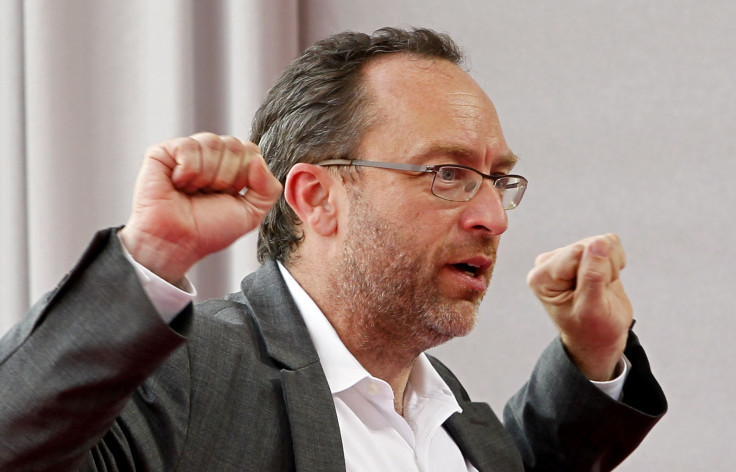Wikipedia More Accurate Than News Outlets, Readers Say; Why They're Wrong

Wikipedia, the crowd-sourced Internet encyclopedia demonized by educators, is a more trusted news source than a number of major British media outlets, according to a new poll that highlights a growing mistrust in the media while failing to note many Wikipedia entries, in fact, are based on those same media reports. Research from YouGov, an Internet market research firm, indicates 52 percent of Britons have used Wikipedia for research, with 64 percent admitting they have “a fair amount” of trust in the authors of the entries to tell the truth.
That statistic proves Wikipedia’s authors, who are anonymous and unpaid, have earned more faith from the public than journalists for BBC News (trusted at a 61 percent rate), ITV News journalists (55 percent), “upmarket” newspapers like the Guardian and London Times (45 percent), and “mid-market” papers including the Daily Mail (22 percent). Reporters at red-top British tabloids like the Sun and Mirror have a paltry 13 percent of the public’s trust.
(U.S. media outlets don’t fair much better, according to a June Gallup poll that found only 22 percent of Americans have confidence in newspapers, which are more trusted than TV or online news outlets.)
Having “a fair amount” of trust in Wikipedia while holding on to questions about media accuracy and bias forget a key point, though, since many of the most popular Wikipedia articles rely almost entirely on news stories to fill out accurate entries on a subject. Iain Duncan Smith, Britain’s conservative work and pensions secretary who is seeking to restrict welfare benefits, mafia boss Terry Adams and Foreign Minister Mark Simmonds were among the most popular British news stories Monday, for example.
Of the 30 cited Wikipedia sources that make up the description for Smith’s time as secretary, though, 26 are from the Guardian, the Telegraph and other publications in which Britons claim to have less faith. The references section on Simmonds’ Wikipedia page is made up of a paltry four sources, three of which are major media outlets. Likewise for Terry Adams, whose Wikipedia entry is based almost entirely on news accounts published by the BBC and the Guardian, as well as some tabloid items.
Educators have also warned students against using Wikipedia as the only source for assignments. Even though each Wiki entry provides a list of sources at the bottom of the page, merely mentioning the free encyclopedia as a worthy source has been enough to make teachers recoil for nearly a decade.
“When half a dozen students in Neil Waters’s Japanese history class at Middlebury College asserted on exams that the Jesuits supported the Shimbara Rebellion in 17th-century Japan, he knew something was wrong,” began a 2007 New York Times article about the growing trend. “He figured out the problem soon enough, the obscure, though incorrect, information was from Wikipedia, the collaborative online encyclopedia, and the students had picked it up cramming for his exam.”
That stereotype fails to note Wikipedia is crowd-sourced, meaning a student who references a Wikipedia page in the midst of researching a paper, for example, would have a better grasp of a certain topic than if only looking at an argument from one angle. Wikipedia’s army of volunteers has also proven to be a strength of the site, with the Atlantic explaining in 2012 the site is ahead of the academic world when new information trumps long-held assumptions, as was the case when an expert on the Haymarket Riot sought to correct the accepted version of history.
“When new research emerges that contradicts an accepted version of history, the earlier books, textbooks and paper encyclopedias don’t change overnight,” the magazine noted. “The process of how history is taught and revised over time is a slow one, whether in a book, online or in people’s minds.”
© Copyright IBTimes 2024. All rights reserved.





















